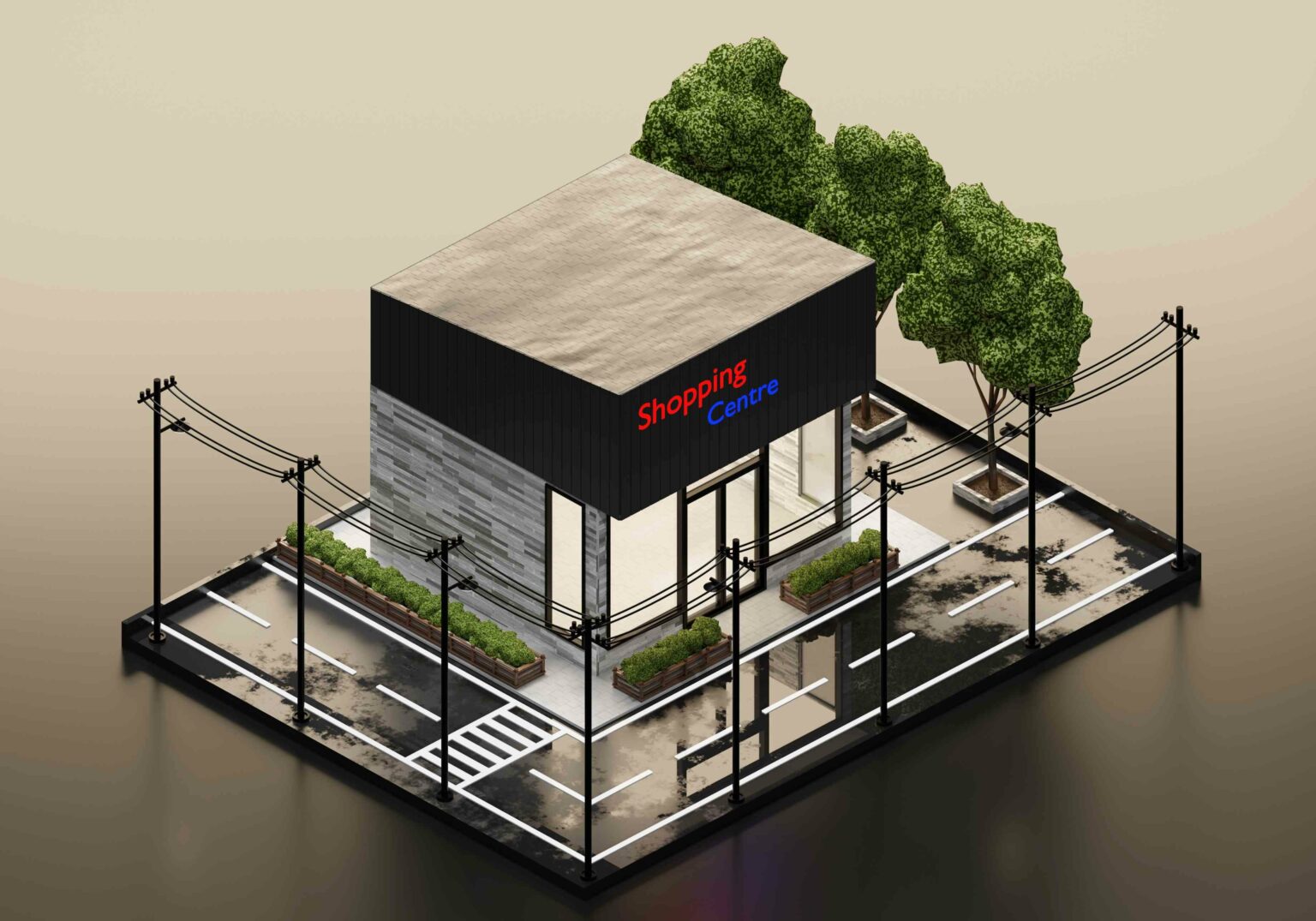Retail crime: Deter and convict


James Thorpe
Share this content
Simon Speight, Account Manager, DeterTech says that retailers need to take a strategic approach when looking to protect employees and safeguard operations.
Article Overview
ISJ May Edition Exclusive
The British Retail Consortium’s (BRC) 2023 Crime Survey does not make for pleasant reading. Almost a billion pounds has been lost to customer theft. Incidents of violence and abuse against retail staff have almost doubled on pre-pandemic levels.
Only 7% of these incidents of violence or abuse have resulted in prosecutions. Add into the mix a cost-of-living crisis and the reality is that the UK retail sector is increasingly being targeted “out of hours” by organised criminal gangs.
It’s not that police and the government aren’t taking these issues seriously. In fact, successful lobbying by the BRC for an amendment to the Police, Crime Sentencing and Courts Act to better protect retailers and shopworkers is a clear sign of progress. The best way of tackling these issues is by demonstrating that means are in place to identify the perpetrators and ensure there is sufficient evidence to secure a conviction.
Retailers, police and the security industry must all collaborate on deterrent-based solutions to this problem. The work of the Police Crime Prevention Institute to advocate for a range of security measures through its Secured by Design initiative should be highlighted as an excellent example of this in practice. It recommends a combination of measures, including CCTV, intruder detection and the forensic marking of assets with SmartWater.
Organised gangs often follow predictable patterns and target multiple stores in close proximity during their off hours. By staying updated on local crime trends and police reports, retailers can gather valuable intelligence on when and where they are most vulnerable. This information can be used to enhance their security measures and take proactive steps to prevent crime.
Retailers can also collaborate with other local businesses to share information and resources, forming a united front against criminal activity and creating a safer environment for their stores and the community.
A layered approach
CCTV is an important component of retail security, helping retailers and police to understand what happened after the fact. However, if these solutions are used in isolation, they have limited potential to catch suspects. This is particularly true when it comes to out-of-hours attacks.
Organised criminals will hide their faces and flee the scene long before the police can arrive on site. That’s where live monitoring and forensic marking come in; by combining multiple security solutions into a layered approach, retailers can formulate a comprehensive strategy capable of predicting, deterring and detecting crime.
Out-of-hours monitoring allows businesses to get proactive in deterring and limiting the impact of criminal activity. All of a sudden, video footage is transformed from a record of what happened to a means of taking decisions in the moment. For an immediate response, alarm receiving centres (ARC) can monitor for suspicious activity in real time, taking action before a theft is even attempted. And, in the event of a break-in, the perpetrators can be immediately made aware their presence has been detected – this often results in them actually leaving the premises empty-hand rather than risk being caught.
Forensic marking with SmartWater is another powerful tool that can significantly contribute to preventing retail crime. It involves applying a unique code or chemical marker to high risk products sold in retail stores, making them easily traceable back to the store in case of theft.
As part of a layered approach to security, such technology can also be integrated with existing security systems. For instance, SmartSpray forensic marking can be triggered automatically by an alarm sensor or remotely via an online portal, ensuring a stream of SmartWater covers the intruder at the point of activation. This not only aids in the recovery of assets but also the prosecution of criminals involved.
In addition to forensic marking of high value and most at risk products, retailers should also “advertise” their deterrent technologies by clearly communicating their security measures through prominent signage. Criminals often scout out sites in advance, and a well-protected store is less likely to be targeted.
For example, 76% of criminals actively avoid locations where “Protected by SmartWater” is clearly communicated. By visibly showcasing security measures such as a forensic marking or monitored and visually verified CCTV or perimeter intruder detection system, retailers can discourage criminals from targeting their store, as the risks of getting caught are higher.
Protecting businesses
In the UK specifically, the Co-op was the first major supermarket to use forensic marking to deter attacks and assaults on frontline workers. Homebase, the prominent home and garden retailer, has also partnered with DeterTech to deploy SmartWater for the enhanced protection of valuable stock items and reduce theft in their stores.
Homebase initially trialled forensic marking in key stock loss areas, such as demonstration hardware, in some of its worst affected stores as a means of minimising loss. Applying the traceable liquid to power tools and other valuable items and highlighting this with clear signage, acted as a clear deterrent to criminals.
Not only did this trial result in a 20% reduction in stock loss, it subsequently saw a 10% increase in sales across several branches in high crime areas. And, as a result of this trial, Homebase is now extending the program to additional stores.
As the cost-of-living crisis continues to impact the retail sector, it is imperative for retailers to proactively implement measures to protect their businesses from violence and theft.
Implementing forensic marking, advertising deterrent technologies and utilising crime intelligence can be effective strategies to deter theft and reduce losses. By taking a comprehensive approach to security, retailers can safeguard their employees while minimising losses resulting from crime.
To find out more information, visit: www.detertech.com
This article was originally published in the May edition of ISJ. To read your FREE digital edition, click here.



